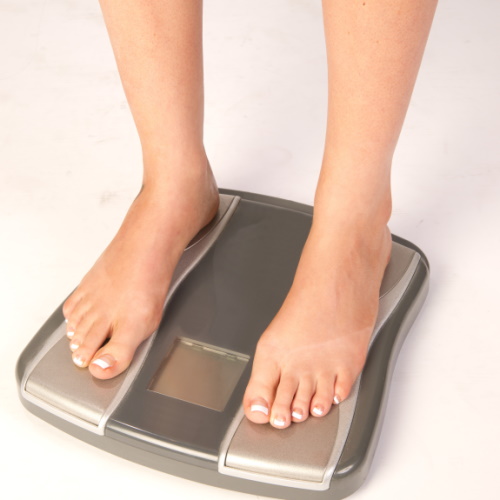Key points from article :
"Wearables might pick up on calories burned on a treadmill, but less so while lifting weights."
"Calorie burn has to do with your intrinsic metabolism, which a wearable doesn't factor"
"Cannot distinguish between calories burned through yoga & calories burned through stress."
"Need to calibrate for each individual wearer" - Michael Snyder, Stanford University.
"Energy expenditure reported by wearables deviates from “gold standard” measures of energy expenditure".
"Wearable are acceptable if you need an idea of calorie burn over time".
"But do not rely on exact numbers reported." - Albert Titus, University at Buffalo.
"The most prevalent sensor to date is an accelerometer - a device which can detect motion."
"Strength training cannot be detected on accelerometers though - needs heart sensors".
"Research grade sensors are body temp, air temp, perspiration, galvanic response, barometric etc".
“Accuracy depends on the device. type of activity and the algorithms used.” - Edward Sazonov, U of Alabama.







